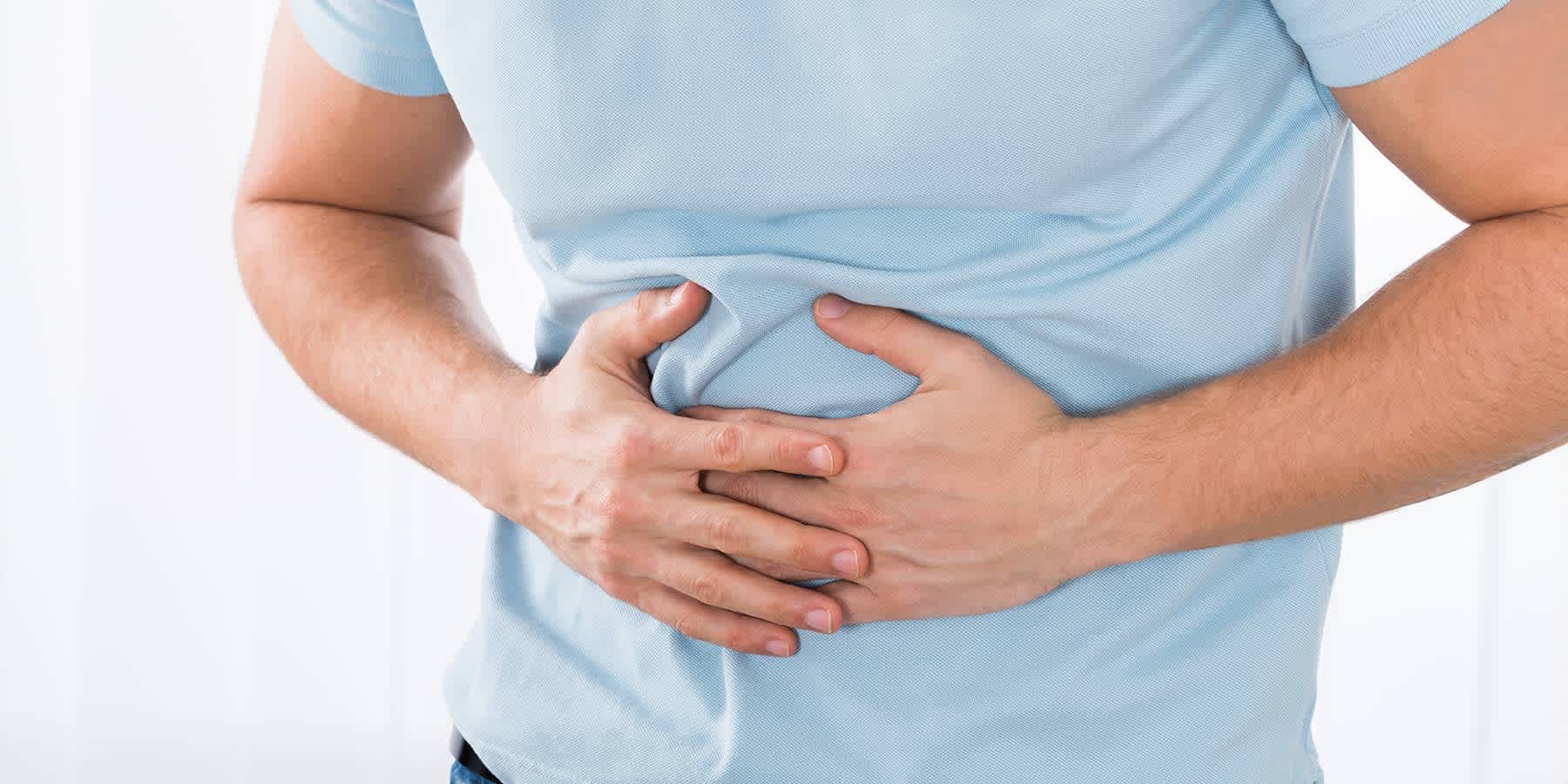What causes bloating and fat, and what can you do about it?
What causes bloating and fat, and what can you do about it?
Blog Article
Recognizing the Distinction In Between Bloating and Fat: an Important Guide for Digestive Health
Comprehending the difference in between bloating and excess body fat is essential for anybody interested in digestion health and wellness. While bloating presents as a momentary and frequently unpleasant problem, normally linked to nutritional routines or gastrointestinal disruptions, body fat represents a more irreversible modification in one's physique. This distinction is not merely scholastic; it carries substantial ramifications for just how individuals come close to signs and therapy. As we check out the subtleties of these two sensations, the significance of identifying their particular reasons and administration approaches ends up being significantly apparent. What are the sensible steps one can require to address these problems effectively?
Specifying Bloating and Fat
Bloating and fat are 2 distinctive physical phenomena that can considerably affect a person's convenience and body image. Bloating refers to the short-term swelling or distension of the abdominal area, usually gone along with by discomfort or a sensation of volume. This problem might develop from numerous factors, consisting of nutritional selections, digestive issues, or fluid retention. Bloating is usually a short-term event and can change throughout the day, often solving with way of living modifications or clinical treatments.
In contrast, body fat is an extra irreversible and secure element of human physiology, mainly working as an energy reserve and playing important roles in hormonal agent policy and insulation. Body fat is classified into two kinds: subcutaneous fat, which exists just below the skin, and natural fat, which surrounds internal organs. While excess body fat can cause health complications, it is crucial for total physical features.

Root Causes Of Bloating

Additionally, food intolerances, such as lactose or gluten intolerance, can cause bloating when the body struggles to refine certain compounds - bloating vs fat. Consuming also rapidly or eating carbonated beverages can likewise aggravate the issue, as these routines present excess air into the digestion system
Lifestyle aspects, consisting of stress and lack of physical task, can better contribute to bloating by impacting intestine mobility. Certain medical conditions, such as cranky digestive tract disorder (IBS) or gastrointestinal obstruction, may likewise bring about persistent bloating. Understanding these causes is vital for properly managing and reducing bloating, enabling individuals to make enlightened nutritional and lifestyle choices that support their gastrointestinal health and wellness.
Signs of Bloating vs. Fat
Comparing the symptoms of bloating and excess fat is essential for understanding one's body and addressing pain successfully. Bloating normally offers as a feeling of fullness or stress in the abdominal area, commonly gone along with by visible distension. People may experience discomfort, cramping, or also discomfort, especially after meals. Bloating can additionally lead to excessive gas, leading to burping or windiness.
While it may add to a feeling of heaviness, it go normally does not produce the severe pain associated with bloating. Instead, excess fat often tends to accumulate slowly, leading to an adjustment in body shape and size over time.

Identifying these differences is important. While bloating is usually temporary and linked to dietary aspects or digestive system issues, excess fat indicates a much more chronic problem calling for way of living changes. Understanding these symptoms empowers individuals to seek suitable options customized to their certain problems pertaining to digestive health and body composition.
Managing Bloating
Effective management of bloating requires a multifaceted approach that addresses both nutritional selections and way of living behaviors. Initially, it is crucial to recognize and remove certain foods that may set off bloating, such as those high in fiber, gluten, lactose, or certain fermentable carbohydrates (FODMAPs) Maintaining a food diary can help determine these triggers and overview modifications.
Incorporating smaller sized, a lot more regular meals instead than big ones can also minimize bloating, as it reduces the digestion process (bloating and fat). Staying well-hydrated is critical, as adequate fluid consumption aids digestion and aids avoid irregularity, which can add to bloating
Furthermore, engaging in routine physical task promotes stomach mobility and reduces bloating. Basic exercises, such as strolling or yoga, can properly minimize pain. Mindful eating techniques, such as eating gradually and chewing food completely, may additionally enhance digestion and restriction air ingesting.
When to Seek Help
Identifying when to seek medical assistance for bloating is critical, as consistent or extreme symptoms might indicate an underlying wellness problem. If bloating is accompanied by extra worrying symptoms such as substantial stomach discomfort, inexplicable fat burning, rectal bleeding, or constant nausea or vomiting and vomiting, it is critical to speak with a medical care specialist. These signs may suggest problems such as short-tempered digestive tract syndrome, intestinal obstruction, or also extra Get the facts serious issues like cancer.
Moreover, if bloating lingers regardless of dietary changes or over the counter treatments, it calls for more examination. People with news a background of gastrointestinal disorders should be particularly alert, as their danger for issues might be greater. In addition, if bloating takes place adhering to the intake of certain foods, it might suggest food intolerances or allergic reactions that require dietary modifications or testing.
Conclusion
In summary, distinguishing between bloating and excess body fat is crucial for digestive health and total health. Bloating, a momentary problem typically linked to dietary factors and digestive concerns, contrasts dramatically with the steady accumulation of body fat. Recognizing the signs and symptoms and underlying reasons of each can assist in suitable management strategies. People experiencing consistent or severe signs and symptoms must seek professional advice to attend to potential wellness worries efficiently. Understanding these distinctions is vital for informed decision-making regarding health and wellness and lifestyle.
Report this page